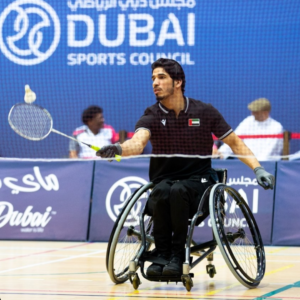In the United Arab Emirates (UAE), laws surrounding parental involvement in adult daughters’ marriages vary significantly based on religious affiliation, resulting in distinct implications for Muslims and non-Muslims.
For Muslim families in the UAE, Islamic law, or Sharia, heavily influences marital customs and legal requirements. According to Islamic tradition, parental consent is typically considered essential for a marriage to be valid. This means that in many cases, Muslim daughters are expected to seek approval from their parents or guardians before entering into marriage. While this expectation is rooted in cultural and religious norms rather than codified law, it often holds considerable social and familial weight.
Conversely, non-Muslim residents of the UAE, including expatriates and foreigners, are subject to a different legal framework regarding marriage. Unlike Islamic law, which emphasizes parental consent, the legal system governing non-Muslims in the UAE tends to prioritize individual autonomy and choice in marriage matters. As such, adult daughters from non-Muslim backgrounds generally have greater freedom to marry without explicit parental approval or involvement.
This disparity in legal and cultural norms surrounding parental involvement in marriage can lead to differing experiences and expectations among Muslim and non-Muslim families in the UAE. Muslim families may place a strong emphasis on parental consent and involvement in marriage decisions, viewing it as a fundamental aspect of religious and cultural tradition. In contrast, non-Muslim families may prioritize individual autonomy and agency, allowing adult daughters more independence in choosing their marital partners.
However, it’s important to note that while legal frameworks may differ based on religious affiliation, societal norms and expectations can also play a significant role in shaping individuals’ experiences and choices regarding marriage. Factors such as family dynamics, community values, and personal beliefs may influence the extent to which parental involvement is sought or valued in marital decisions, regardless of legal requirements.
Overall, the UAE’s diverse cultural and religious landscape results in varying approaches to parental involvement in adult daughters’ marriages. While Islamic law may emphasize parental consent for Muslims, non-Muslims in the UAE often navigate marriage decisions with greater individual autonomy. Understanding these differences is essential for appreciating the complexities of marital customs and legal frameworks within the country.









